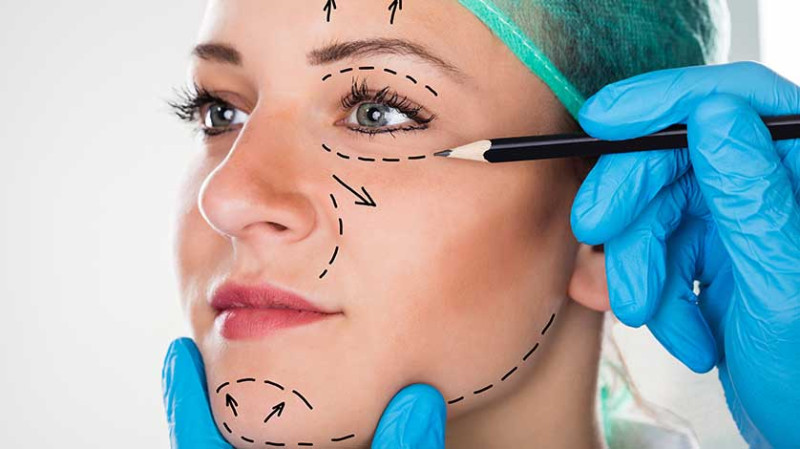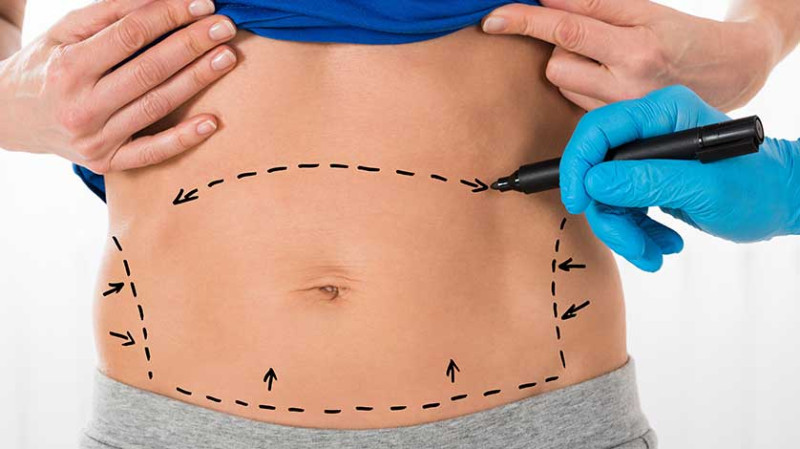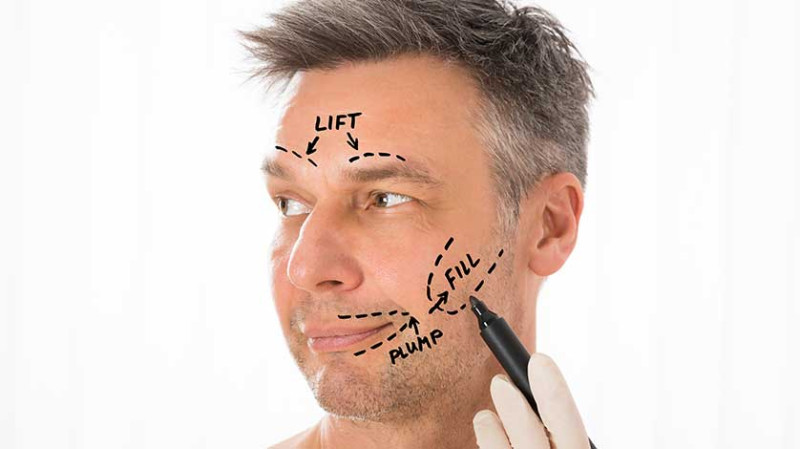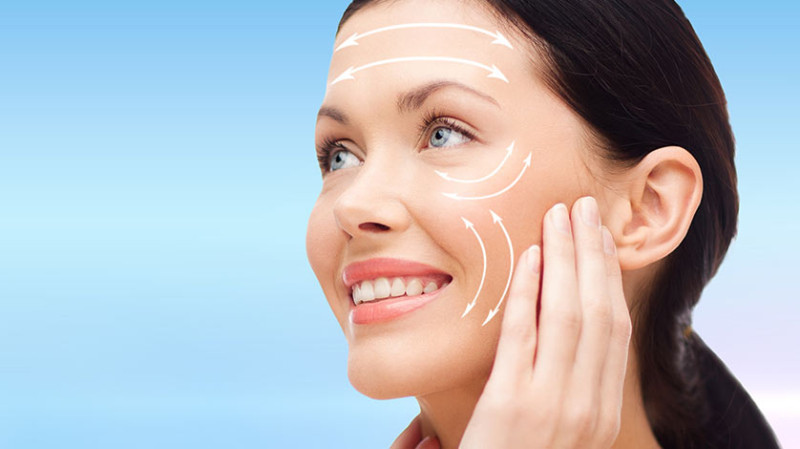
Over the past few years, Turkey has transformed into a global hub for cosmetic surgery. From Hollywood-style nose jobs to full facial reconstructions, Turkish clinics are commanding the spotlight with jaw-dropping before-and-after results that flood social media feeds. These procedures are not only changing lives—but also raising eyebrows, prompting the question on everyone’s lips: Are these insanely good results real, or... a bit sus?
In this blog post, we’ll break down everything you need to know about cosmetic surgery in Turkey—from why it’s booming, to what’s really going on behind those dramatic transformation photos. Whether you're simply curious or seeking options abroad, get ready to uncover the hype, the risks, and the reality behind this viral beauty phenomenon.
Why is Turkey the Go-To Destination for Cosmetic Surgery?
Turkey’s reputation in the world of plastic and cosmetic surgery didn’t happen overnight. With a combination of top-tier surgeons, high-tech facilities, and competitive pricing, the country has risen swiftly to become a global leader in aesthetic medicine. But what really draws millions to Istanbul and Antalya isn’t just their medical prowess—it’s the promise of luxury, affordability, and discretion.
For many Brits, going under the knife in Turkey costs just a fraction of what it would in the UK (sometimes up to 70% cheaper). Packages often include accommodation, private nurses, medications, and VIP transfers—all for less than the cost of surgery alone back home. For young professionals looking to upgrade their appearance or tradesmen recovering from injuries, this affordability is hard to ignore.
Moreover, Turkish clinics cater to an international clientele, and many have staff fluent in English, French, Arabic, and German. International patient coordinators handle everything from visas to post-op care, streamlining the patient journey for those who are flying in for a quick transformation.
Social media has played a pivotal role, too. Influencers boast miraculous results—highlighting skilled surgeons who seemingly sculpt new bodies with ease. It’s no wonder that what was once considered a medical necessity or a private indulgence is now seen by younger generations as a practical self-improvement strategy.
The “Too Good to Be True” Results: Digital Magic or Skilled Hands?
High-definition after pictures, flawless jawlines, and curves sculpted to perfection—Turkey's cosmetic surgery results often look unreal. And to be honest, some of them might be. One of the ongoing concerns surrounding aesthetic clinics—regardless of location—is the heavy use of filters, expert lighting, and digital enhancements in marketing materials.
It's not unusual for before-and-after images to show dramatic differences in makeup, lighting, pose, and even angle—factors that can significantly alter how a result is perceived. Critics argue that some clinics lean heavily on image manipulation to attract more clients, which brings us to the “SUS” part of this conversation.
To be fair, many Turkish surgeons are internationally trained and board-certified. Their portfolio of real-life transformations shows they possess technical skill and artistic precision. However, the oversaturated online space means potential patients must develop a discerning eye to distinguish between genuine outcomes and cleverly crafted illusions.
DIY enthusiasts and young professionals—those familiar with visuals in design and architecture—might already be tuned into such visual tricks. The same precision you apply to aligning tiling or colour-matching a wall should be used to scrutinise cosmetic surgery photos. Always ask yourself: is this realistic? What’s the lighting doing? Could this be edited?
What You Need to Know Before Booking Surgery in Turkey
Before you hop on a flight dreaming of a new look, it’s essential to do your due diligence. Not all clinics are created equal, and the surge in popularity has unfortunately led to a rise in unregulated services. Many unscrupulous providers pop up with flashy websites and paid testimonials, but lack the accreditations that ensure patient safety.
Here’s a checklist for every prospective patient to follow:
- Verify Credentials: Make sure the clinic and surgeon are certified by recognised institutions such as the Turkish Medical Association or the Turkish Society of Plastic Reconstructive and Aesthetic Surgery.
- Ask for Unedited Results: Reputable clinics often are willing to show raw, unfiltered progress photos and connect you with former patients.
- Consider Post-Op Aftercare: Some complications may arise after you return to the UK. Understand whether the clinic offers virtual follow-ups or partners with UK-based surgeons.
- Check Reviews on Independent Platforms: Don’t rely on the clinic’s website testimonials. Use third-party review platforms, forums like Reddit, and Facebook groups dedicated to cosmetic surgery.
- Be Realistic: No matter how skilled, a surgeon can’t turn you into a different person. Your anatomy, skin type, and healing ability play huge roles in your outcome.
How Safe is It Really?
Safety is a major concern, particularly among professionals and tradesmen who may not have time for setbacks due to botched interventions. Generally speaking, surgeries in Turkey are safe—as long as you go to accredited and reputable clinics. Hospitals in major cities are equipped with modern technologies, and many operate to standards similar to the NHS or private clinics in the UK.
That said, it’s crucial to be cautious of budget clinics that cut corners to offer extremely low prices. These are often the ones associated with complications, botched jobs, and zero aftercare support. If an offer sounds too good to be true—it probably is.
Make sure any facility you consider has proper hospital privileges, an emergency response plan, and acts with full transparency. Remember, this is your face, your body—don’t risk it just to save a couple of hundred quid.
The Most Popular Surgeries in Turkey: What Brits Are Booking
From subtle tweaks to full-blown transformations, British patients are flocking to Turkey for a variety of procedures. Here are the most commonly performed surgeries:
| Procedure | Avg. UK Cost | Avg. Turkey Cost | Popular With |
|---|---|---|---|
| Nose Reshaping (Rhinoplasty) | £5,000 - £7,000 | £1,500 - £2,800 | Young professionals, models |
| Hair Transplant | £6,000 - £10,000 | £1,200 - £2,500 | Tradesmen, influencers |
| Brazilian Butt Lift (BBL) | £6,500 - £9,000 | £2,000 - £3,500 | Women aged 20-35 |
| Facelift | £8,000 - £12,000 | £2,500 - £4,500 | Mature professionals, actors |
| Veneers/Smile Design | £300 - £800 per tooth | £100 - £300 per tooth | TV personalities, public speakers |
Hair transplants, in particular, have gained interest among UK tradesmen and young professionals in their 20s to 40s, especially those seeking a confidence boost without the stigma of more visible procedures.
Final Thoughts: Real or SUS?
So, are Turkish cosmetic surgery results real or sus? The answer is – both. With legitimate clinics and masterful surgeons, many of the astonishing transformations flooding the web are absolutely real. However, the rapid growth of the industry also means it’s full of opportunists who may lean on camera tricks and shady practices to lure patients in.
If you’re considering making the leap, treat it the same way you would a home renovation project—careful planning, lots of research, and never choosing the cheapest quote just to save money. Just like in DIY, cutting corners can end up costing double in repairs.
Cosmetic surgery, when done safely, has the power to boost confidence, fix old insecurities, and even change lives. Just don’t let filter-heavy Instagram pictures and speedy sales reps rush your decision. Stay informed, stay safe, and trust your gut.





